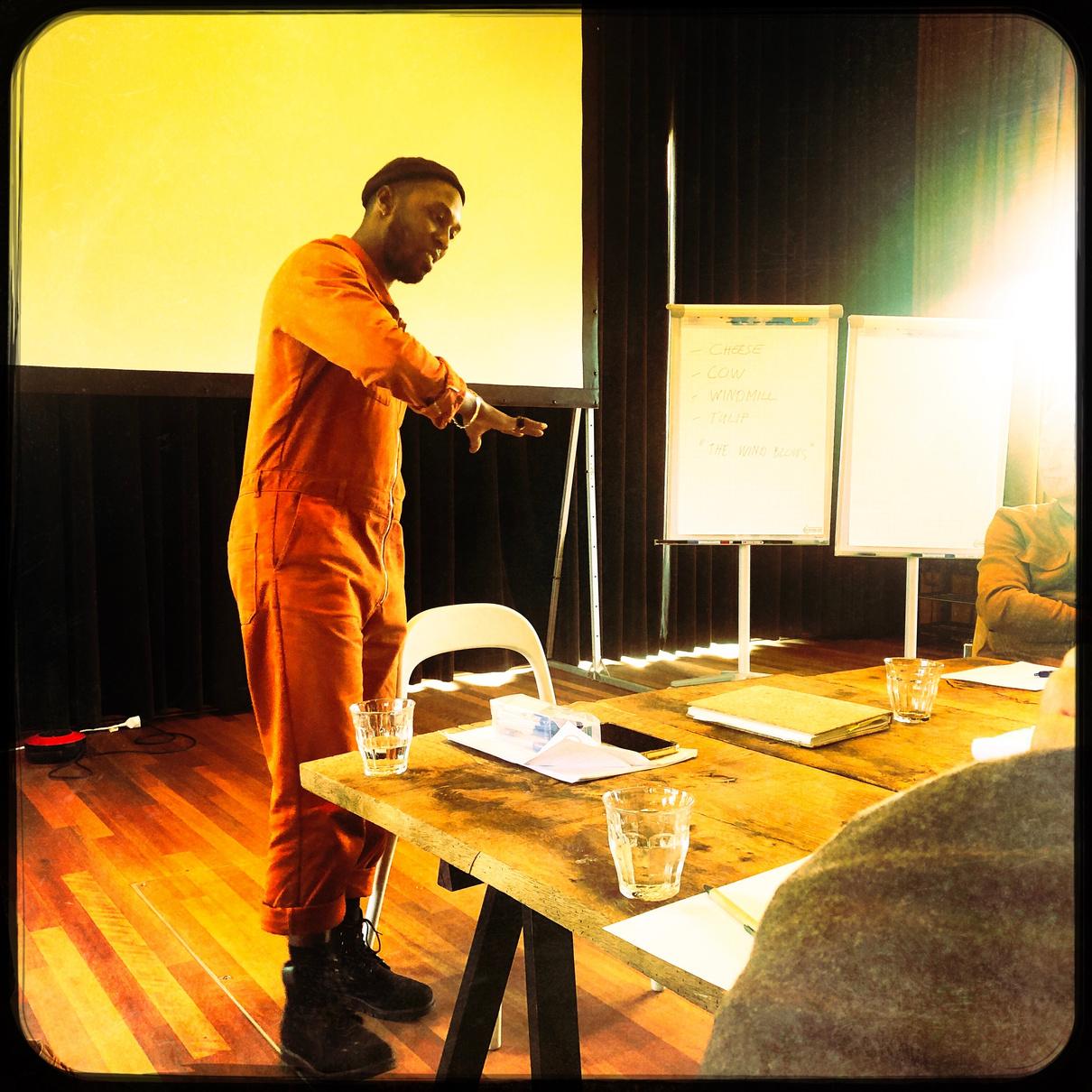
2 minute read
Whyartsmatterina prisonsetting
from GUTS manual 2.2
by Ed Santman
Many positive things can be said about the arts in a prison setting:
The arts create spaces for inmates to see each other differently
Advertisement
The arts provide the opportunity to affect others for good.
For prisoners, the arts open doors into all aspects of life and unlock potential and ability to enter these; in relationships, self-confidence, education, training, creativity, employment, etc.
The arts can build relationships and communities; on the wing and in prison as a whole; with families…and with the outside community
The arts enable recognition of hidden skills and talents and enable healing.
An American inmate in Sing Sing prison once reflected:
"
As useful as the tangible objects made available to myself through this workshop have been, they are just a small fraction of the equation that has made such a profound impact on not only my musical journey, but on my life as a whole. Music has played no small part in helping me turn a dark period in my life into an opportunity to recognize my identity and my dreams".
Involve the staff in what you are doing
Guards are crucial, try to inform an involve them
Be flexible, adapt, you cannot prepare everything
Talk with your colleagues, find solutions together, evaluate yourself and with colleagues and inmates (this is important) Remember our basic approach is “If it is about them, not without them”
You need to be motivated for a successful project.
Inmates need to be informed about the workshop they will followBe curious about them as learners
Try to create a project that makes a connection between the inside and the outside world
Ask questions when they don’t come Look for content that is applicable to their lives
In an art project the inmates have to take control again and make their own decisions, which is unusual in a system where everything is arranged for you all day and where you have to follow strict rules most of the time Through invitations to participate and engage, the arts offer offenders a range of interactions that are different from the routine of prison life Creative engagement also provides the opportunity to acquire new skills in an art discipline. Making creative efforts can also require reflective thinking from those in a corrections environment, a critical capacity for individuals who might be in prison because of their impulsive actions
The power of the arts in correctional settings may also be, that successful creative endeavor requires not only craft but also creative thinking, reflective thinking and even structure. Observers and evaluators of prison-based arts programs describe the potential of arts experiences to liberate individuals from the negative role of offender, allowing them to discover another ‘creative self’ which can improve their self-esteem Thus, in a world where the idioms of crime and punishment, sentence and constraint, dominate, the arts are often a rare experience of respite and even a feeling of freedom.







